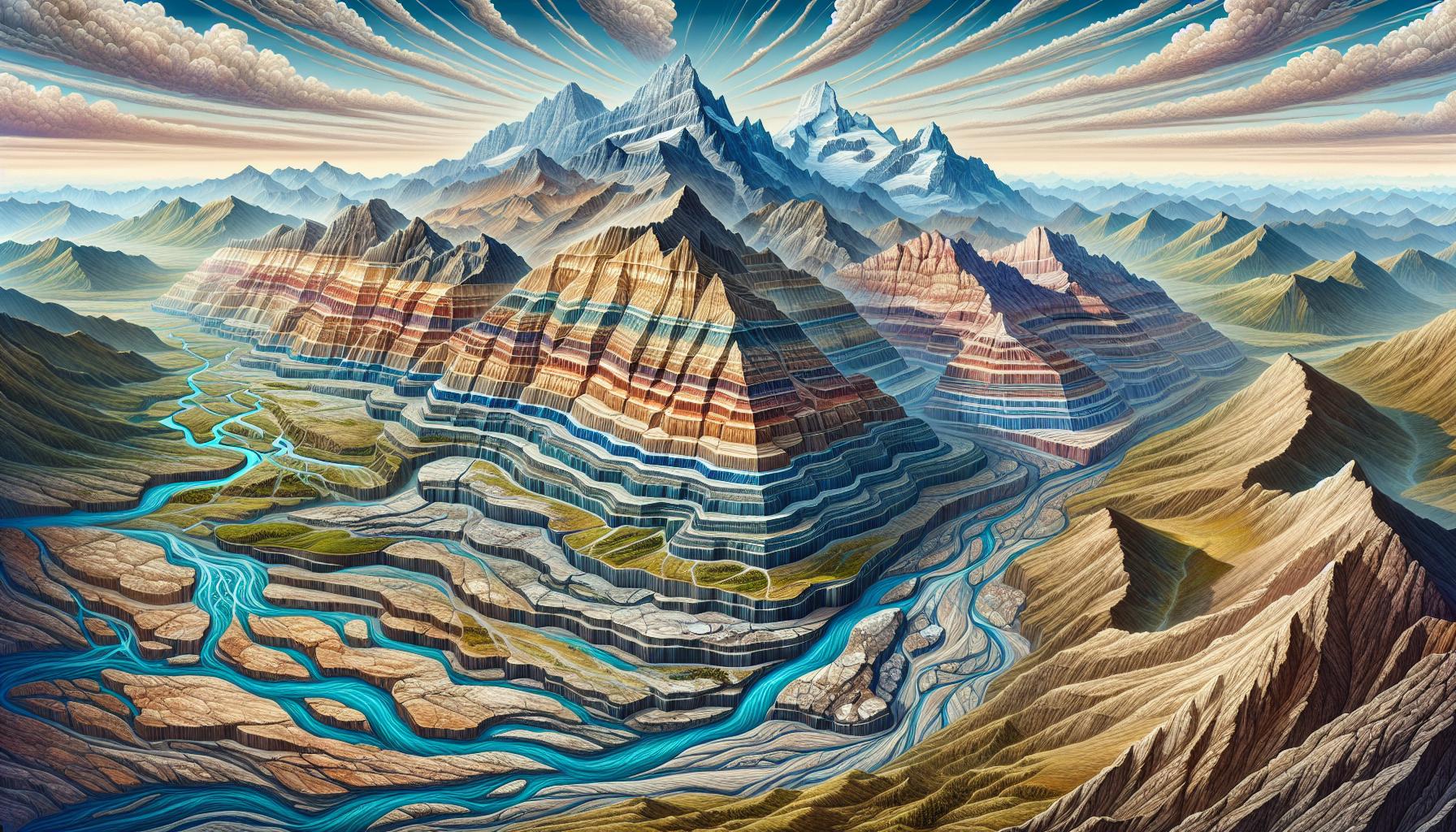Geoscience is the multidisciplinary study of Earth, revealing the complex processes shaping our planet.
What Is Geoscience?
Also known as Earth Science, geoscience integrates knowledge from various scientific fields to study the Earth’s composition, dynamics, and surface-shaping processes such as earthquakes and volcanoes.
Main Branches of Geoscience
- Geology: The study of solid Earth, rocks, and geological processes.
- Meteorology: The science of Earth’s atmosphere and weather patterns.
- Oceanography: Exploration and analysis of oceans and seas.
- Hydrology: Study of water distribution, movement, and properties on Earth.
Why Study Geoscience?
Geoscience is vital for understanding natural hazards like earthquakes and floods, supporting natural resource exploration, and addressing environmental challenges including climate change and pollution.
Real-World Applications
- Predicting Natural Disasters: Forecasting earthquakes and volcanic eruptions to reduce their impacts.
- Resource Management: Guiding sustainable extraction of minerals, petroleum, and water.
- Environmental Protection: Assisting in pollution remediation and conservation through soil, water, and air studies.
Geoscience in Everyday Life
Geoscience impacts daily life, from the water we consume to infrastructure we rely on, helping us make informed decisions about our environment.
Conclusion
Geoscience underpins our understanding of Earth’s history, current processes, and future changes, playing a crucial role in sustainability and planetary resilience.













